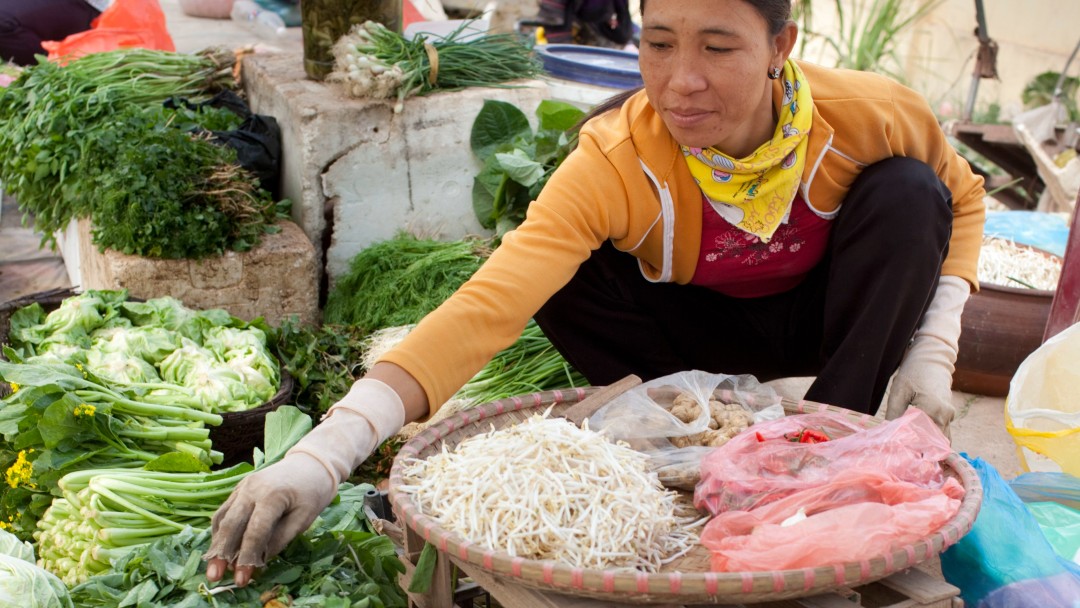
The health of humans, animals and the environment is inextricably linked. They are closely related and can affect one another in a variety of ways, each of which is important for sustainable development. Taking all three of these aspects into account is now referred to as the “One Health” approach. KfW is following this approach in areas such as Vietnam.
Vietnam is known as a “zoonotic hotspot”. The reason? Consumption of wild animal products, such as meat, medicines and souvenirs, is widespread there, especially among the urban population. Wild animals that have been killed illegally are sold at market stalls, in shops and in restaurants. Here, there is a huge risk that diseases can be passed from wild animals to humans; these diseases are known as zoonoses.
For this reason, KfW is working on behalf of the Federal Ministry for the Environment, Nature Conservation and Nuclear Safety (BMU) and in conjunction with the WWF to finance measures aimed at preserving the Central Annamites ecosystem. These help to prevent zoonoses. In the cities of Hue, Da Nang and Tam Ky, 89 market stalls, shops and restaurants were identified as selling wild animal products and thus breaking the law. This information was passed on to the local authorities and stricter checks reduced infringements by 70%.
What’s more, the project aims to employ more gamekeepers, who can better patrol conservation areas where poaching is out of control. They root out wild animal traps on their patrols. Since the start of the project, wire traps have reduced by more than half as a result. Action against poaching also reduces the risk of dangerous pathogens reaching illegal markets and spreading from there.
Share page
To share the content of this page with your network, click on one of the icons below.
Note on data protection: When you share content, your personal data is transferred to the selected network.
Data protection
Alternatively, you can also copy the short link: https://www.kfw-entwicklungsbank.de/s/enzBYQL5
Copy link Link copied